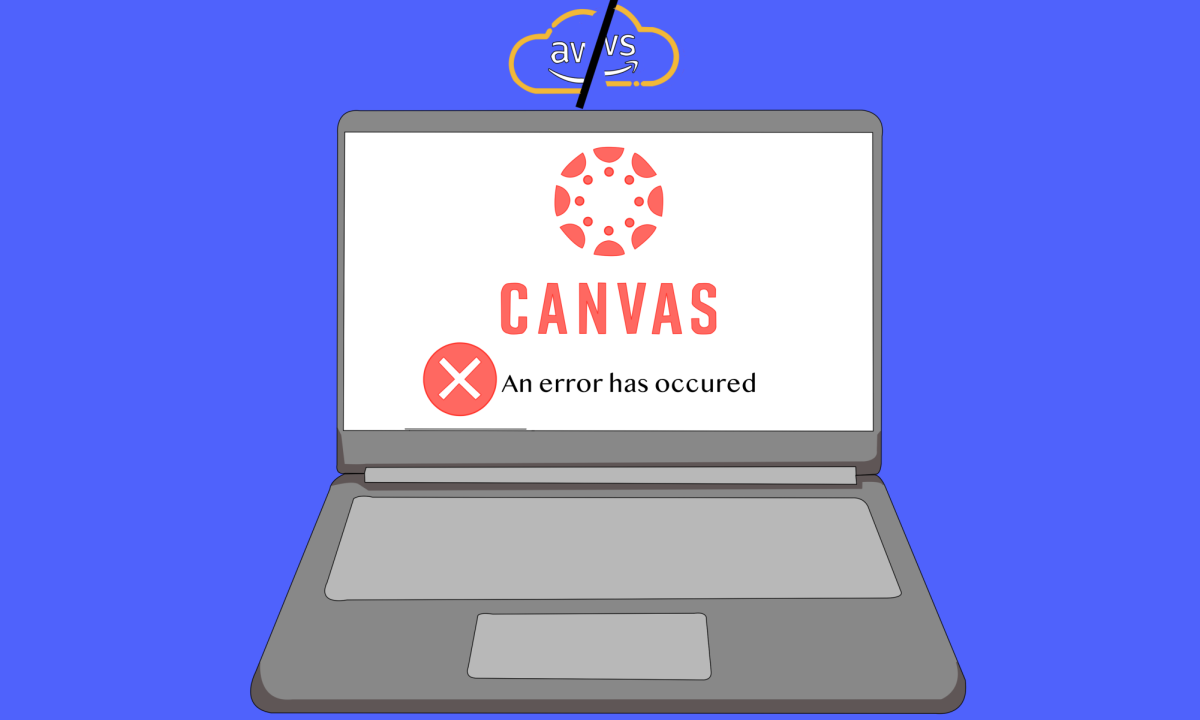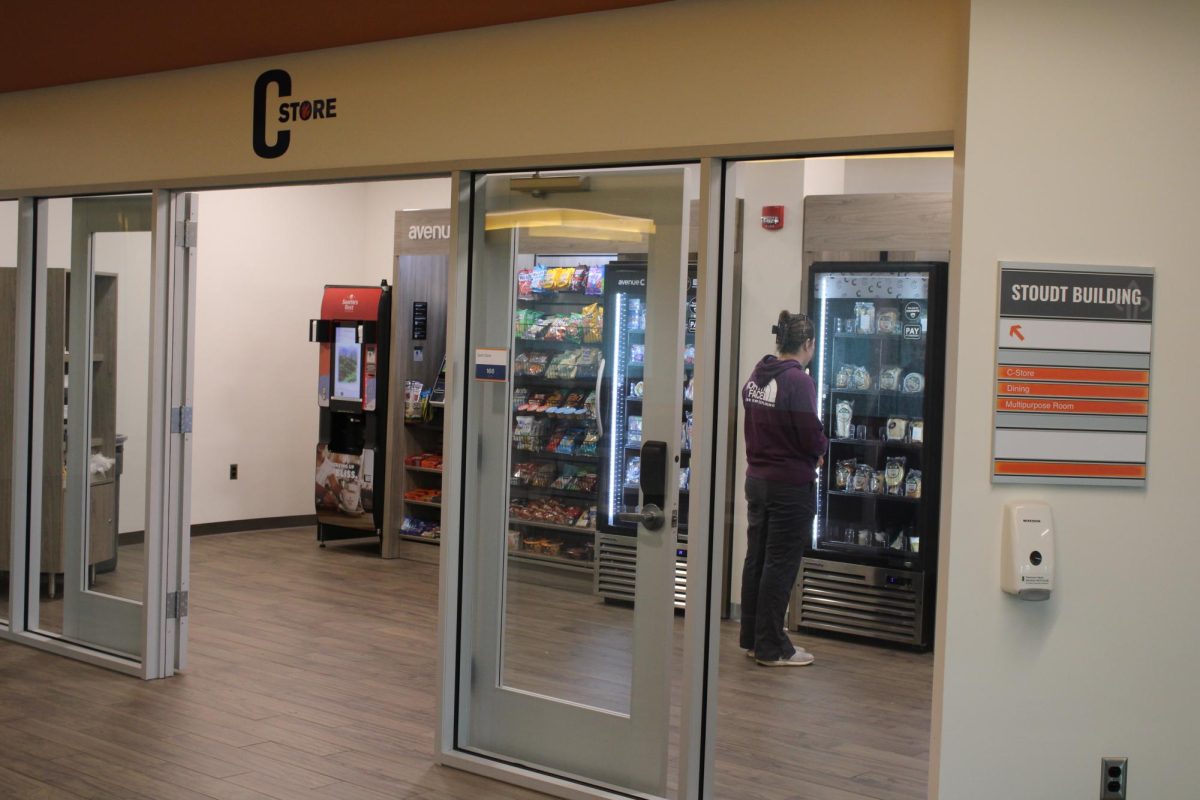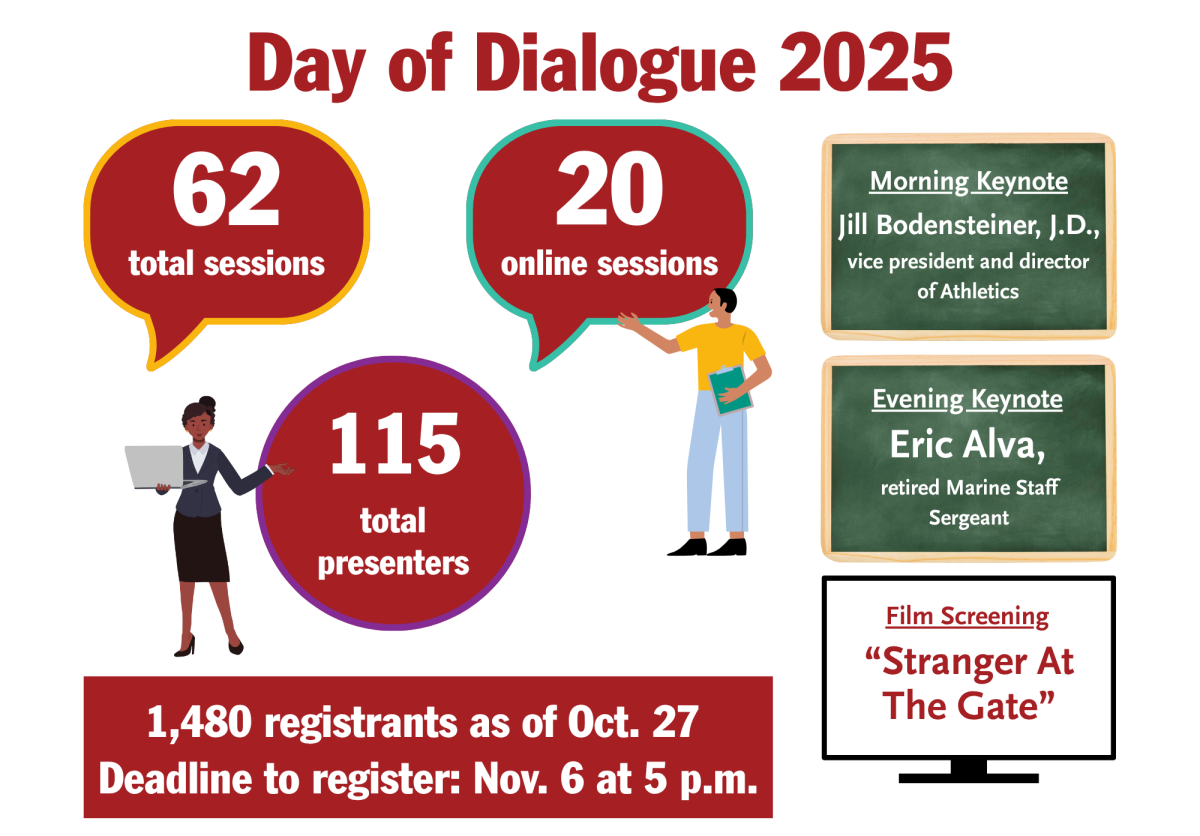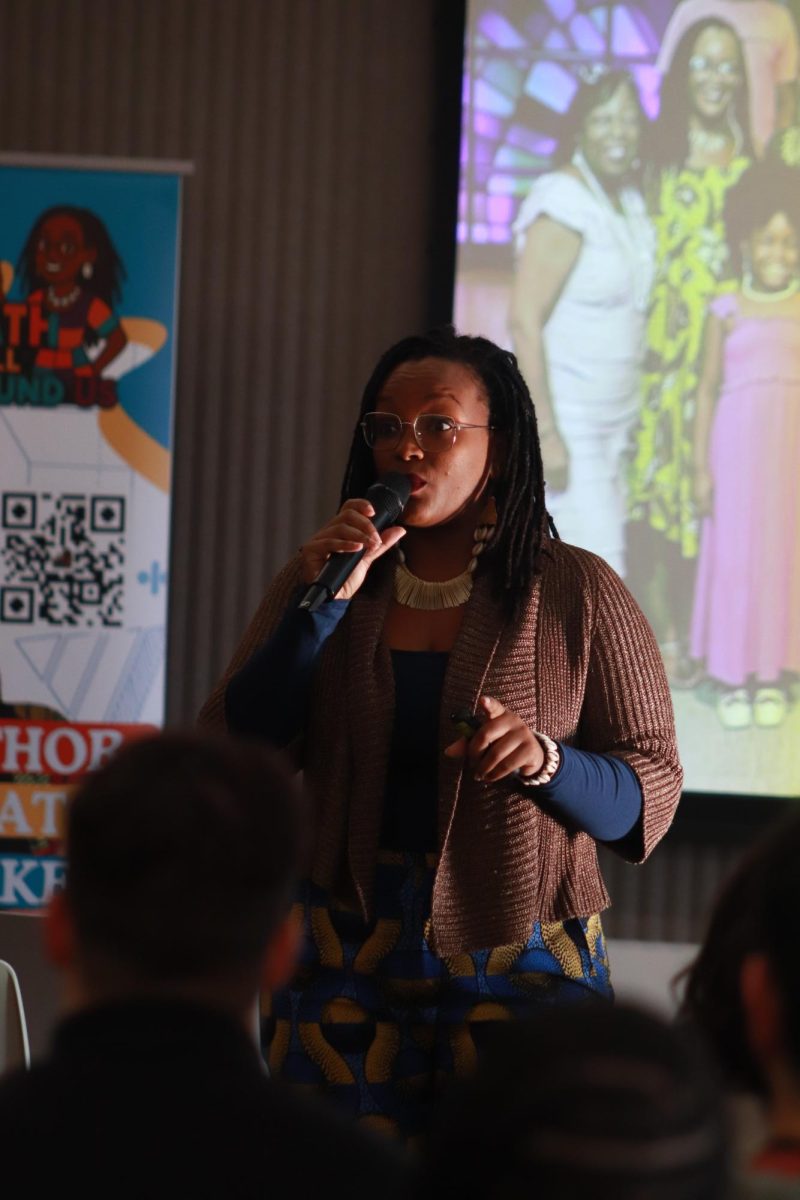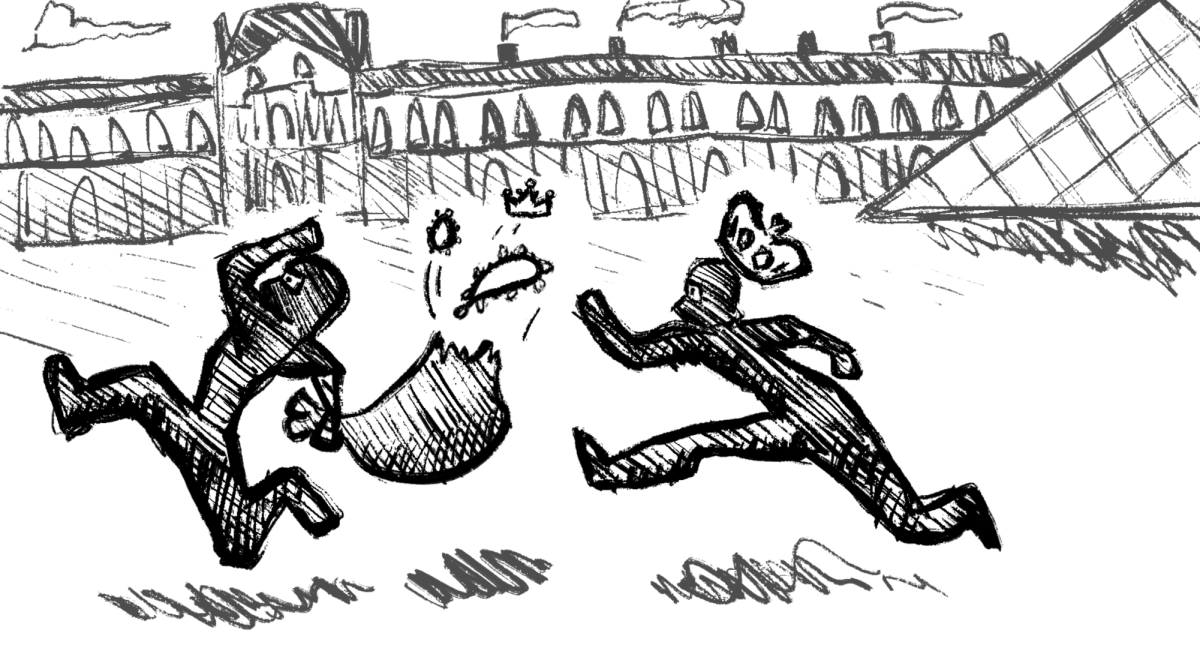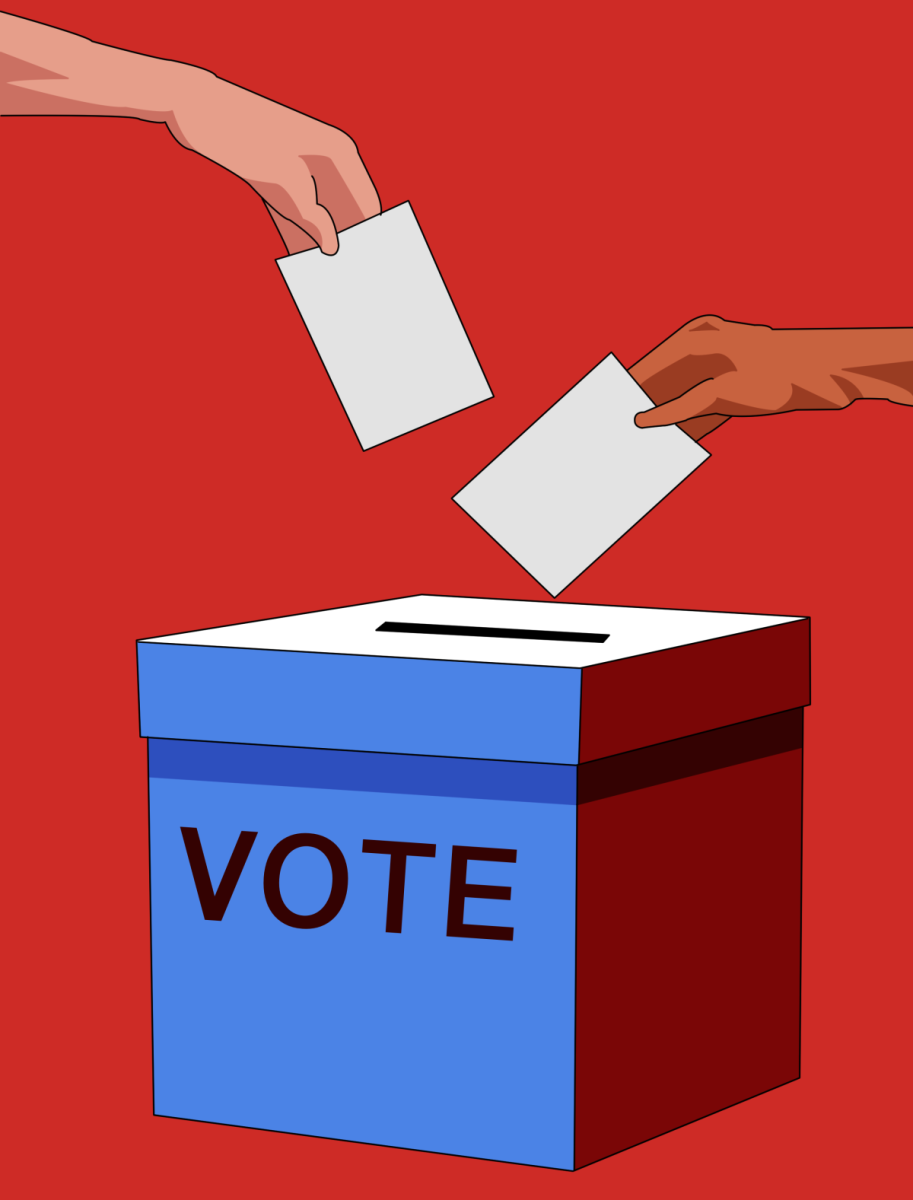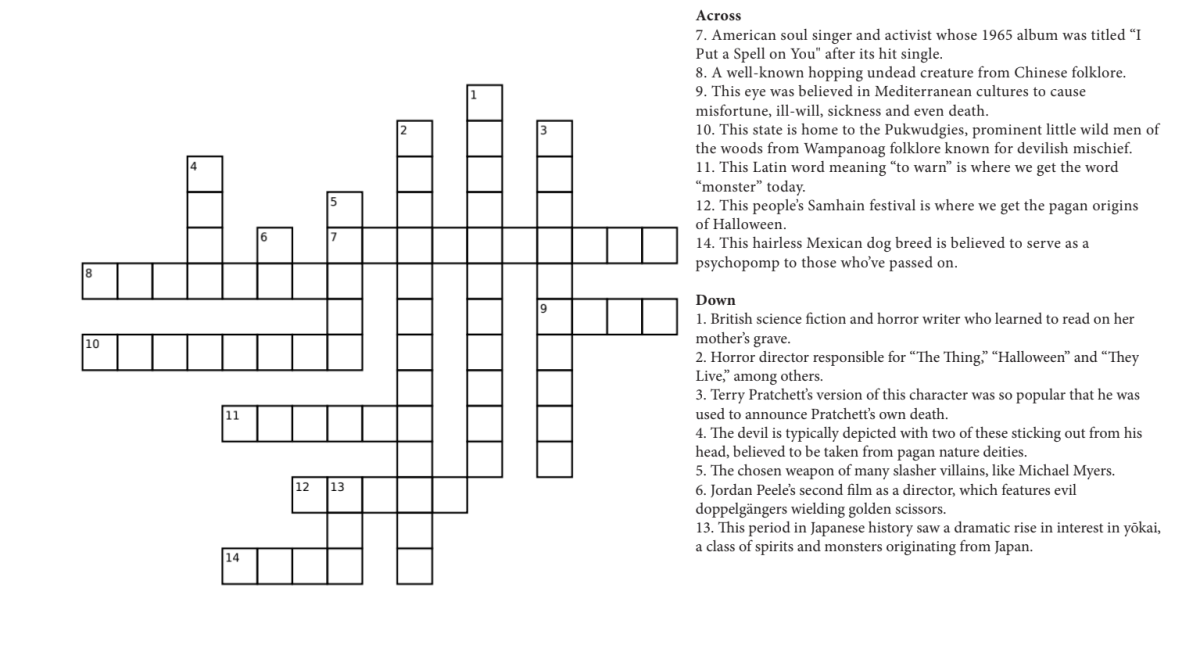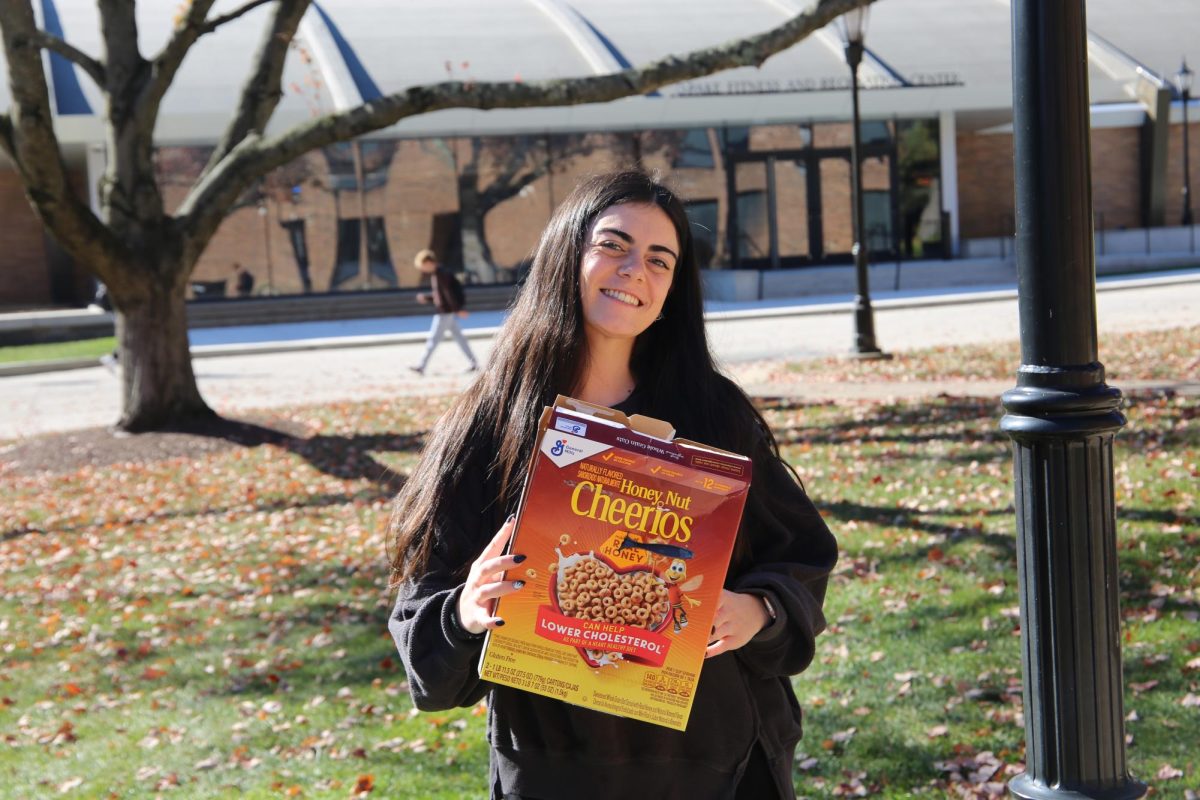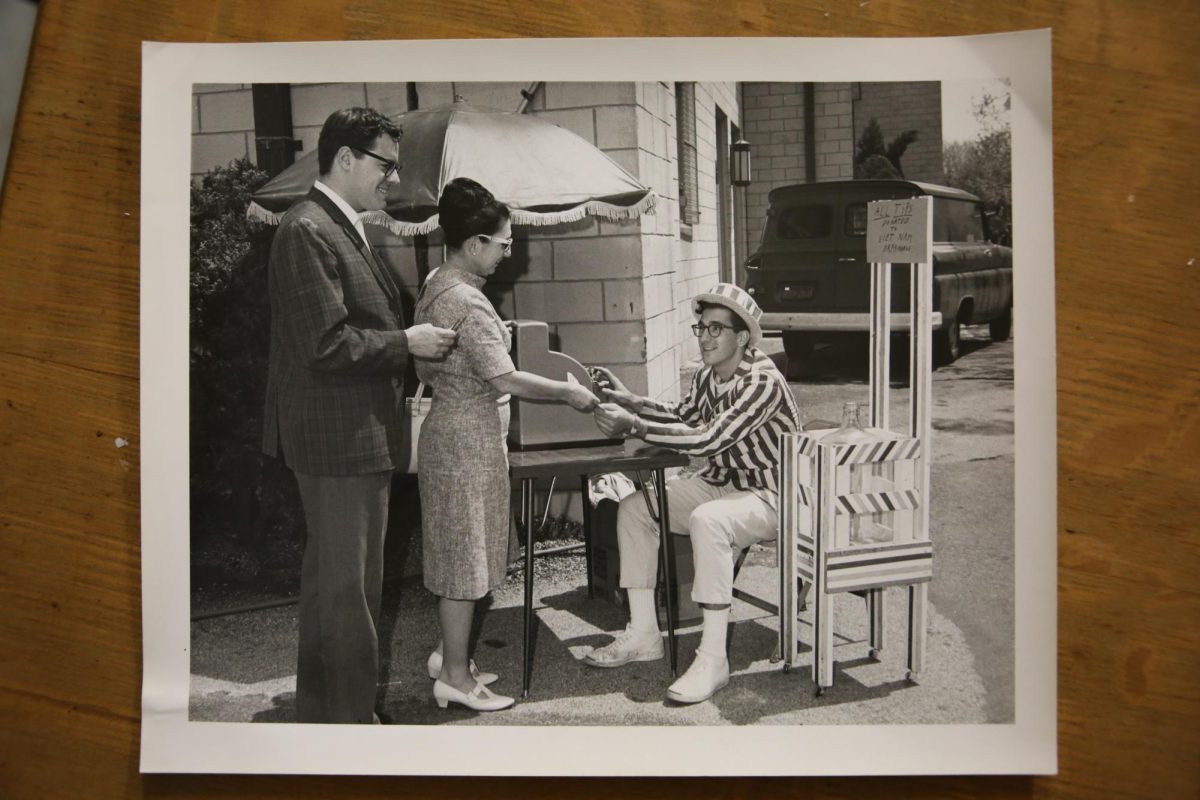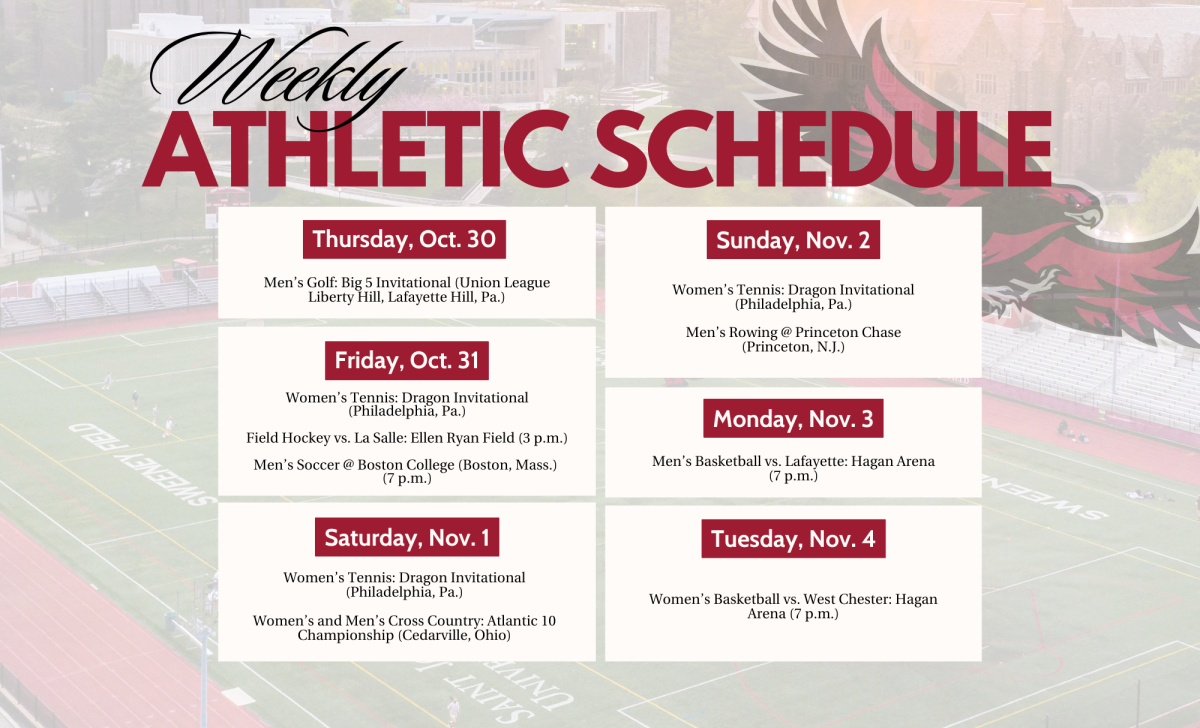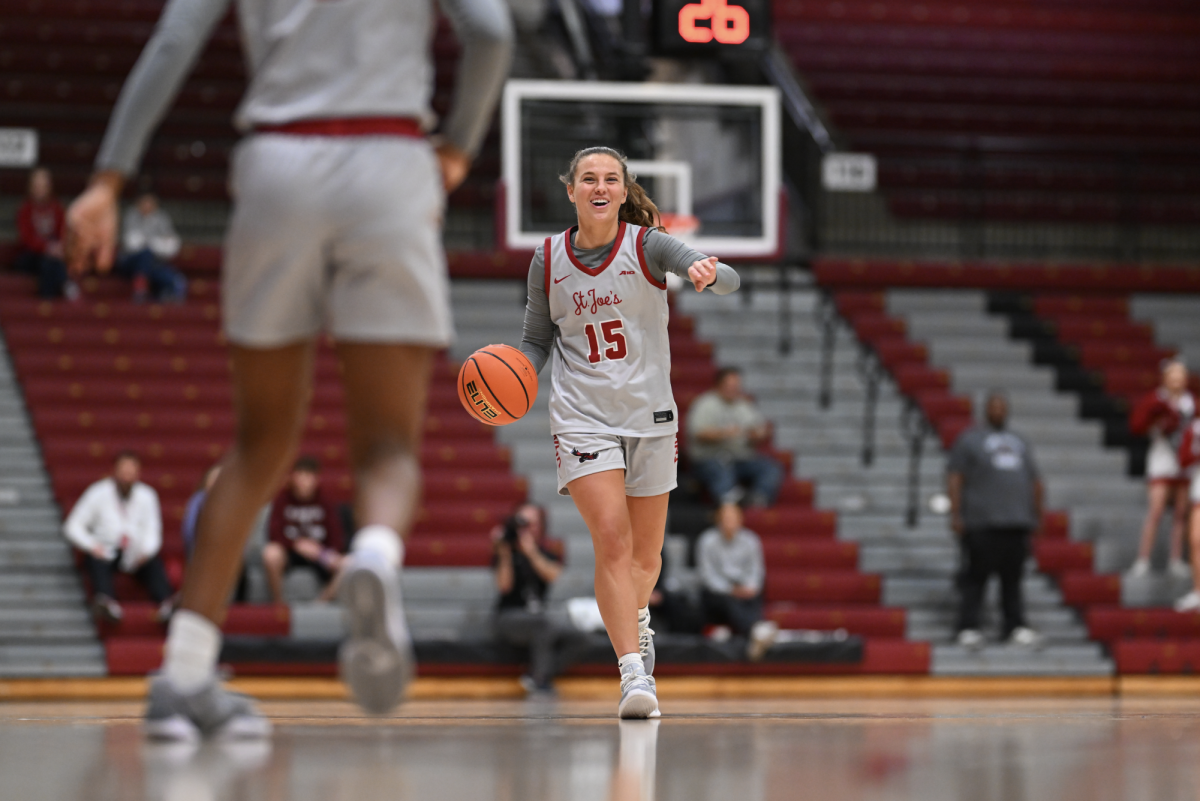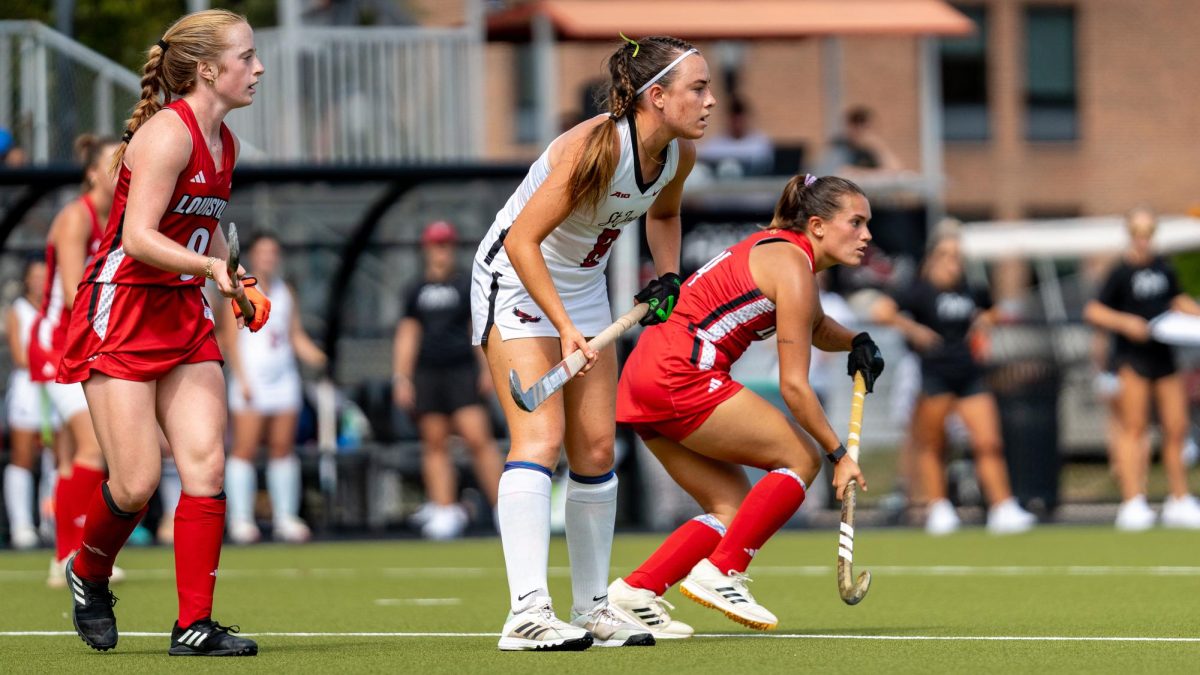How disengagement leads to loneliness
From the moment you step foot on St. Joe’s campus, all you hear is, “Get involved.” It is the most banal, clichéd advice you will receive starting your freshman year.
It is not bad advice though. As a freshman who had more nostrils than friends on campus, I really had no choice but to take it.
I participated in the clubs and activities fair, a known rite of passage for freshmen on campus.
Curran Intramural Field was populated with over 90 clubs, tabling in serpentine fashion. I found the activities I was looking for and some activities I did not know existed.
First, I found something to do, then I found friends, and somewhere along the way I picked up that sense of community people kept yammering on about.
While this is my individual story, it is familiar to many St. Joe’s students. There are only a few among us who wake up every morning excited to go class, so meaning on a day-to-day basis has to be found elsewhere.
For so many students, that meaning is found at weekly service, Greek life functions or club meetings. A solid sense of community all people crave can be found during any of these functions.
Non-required membership in clubs and organizations may be alive and well at St. Joe’s, but it has been waning for a long time across the country. In 2000, Robert Putnam released his seminal book “Bowling Alone”, detailing how civic society was declining in America.
He found that as of 1996, the time Americans devoted to clubs and organizations had been roughly halved since 1965, and membership in civic organizations down by almost as much. It is worth noting that this data was taken a long time ago, but just look beyond campus.
Do you think it’s gotten any better?
Look up any long-running organization and chances are its membership has dropped significantly in recent years. There are less Knights of Columbus, less Freemasons and less Boy and Girl Scouts.
While civic organizations are withering away, the opioid crisis rages on, suicide rates are at a 50-year high and political polarization has alienated many Americans from each other. While correlation does not equal causatio, it is plain to see the loneliness epidemic and our big national problems are related.
People who are trying to comprehend the effects of weakening civil society are finding interesting results. In the new book “Alienated America,” conservative journalist Tim Carney notes that “[President Donald] Trump’s backing came disproportionately from places where the institutions of civic life had eroded badly.”
In the Republican primaries, as well as in the general election, Trump’s support was weakest in the places where there was still robust community engagement. Trump’s “American carnage” message did not resonate quite as well with voters who were involved with vibrant communities with one another.
The question now is how we come back from this decline in civic activity. Rather than bowling alone, millennials could very well be the binging-Netflix-alone generation.
College provides a thick web of engagement seemingly isolated from the world of civic disengagement. Some seniors may want to stop reading here, but graduation is coming for us all whether we want it to or not.
For the recent graduates who stick around Philadelphia, college friends combined with new work friends may be enough to stave off looming loneliness. Those who plan to move away should not expect work friends and Facetime to be enough to find meaning in the next chapter.
The “get involved” advice holds true post-graduation. If you are the religious, get involved in the local parish, synagogue or mosque rather than just attending it. If you are political, join your local political party, keep up on local issues and attend town halls.
If you like basketball, don’t just shoot hoops or hope St. Joe’s makes a tournament run, join a league (and no, not just fantasy). Do not just be somewhere, really live somewhere.
Soon, I will need to follow my own advice. I’ll be far from Hawk Hill, and I’ll be back to two nostrils and no friends. There will not be a dorm full of people in the exact same spot as me or an activities fair to point me in the right direction.
It might take more work, but I know I will have to find community, friendships and meaning outside of work.
Loneliness is a club that is always accepting new members, but it is not the only one.
It is important that Americans remember that; just look at how much disengagement has cost us.

